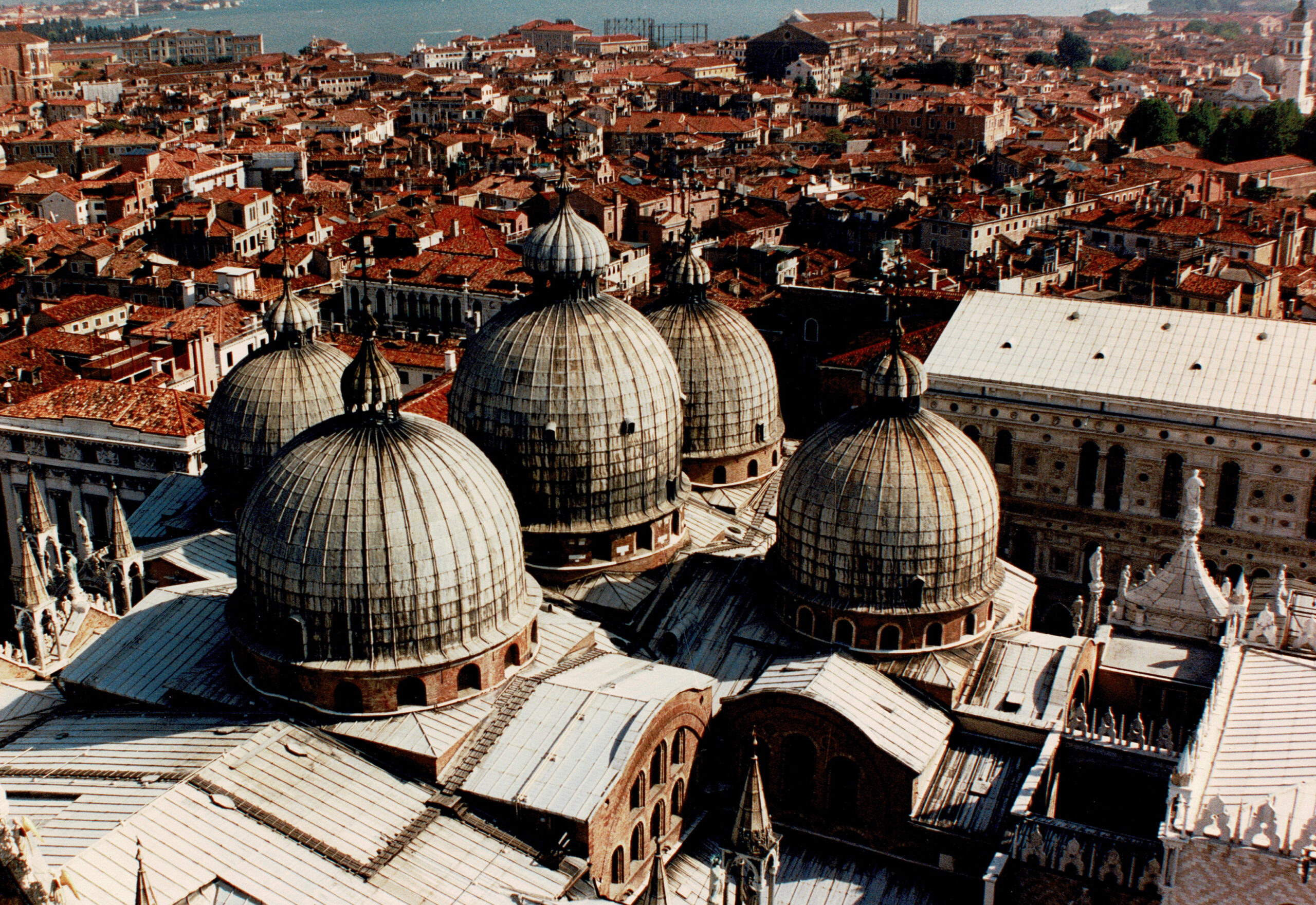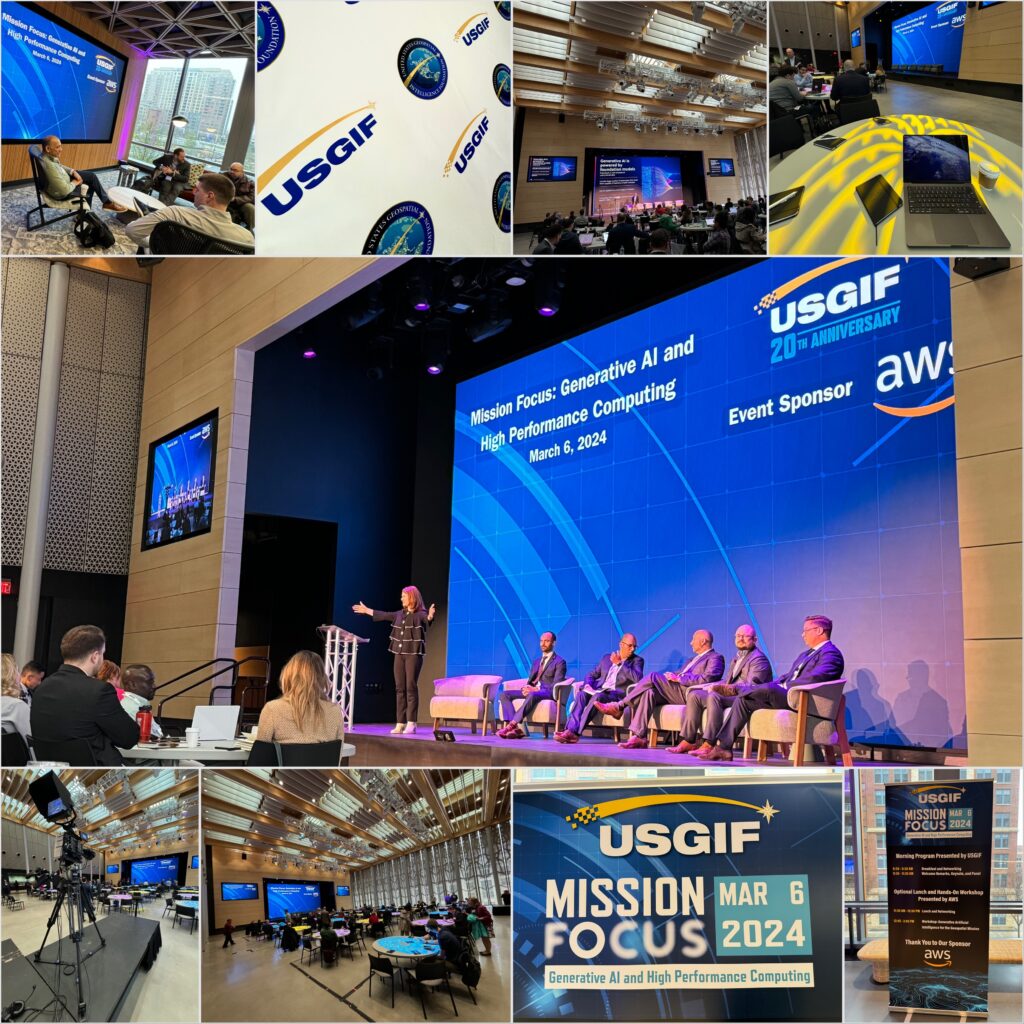| By Josie Koehler |
Overwhelmed By Tourists, the Fabled Lagoon City Takes Action
Venice, Italy, is taking decisive measures to combat the adverse effects of mass tourism. In an effort to protect its fragile ecosystem, cultural heritage, and the overall well-being of its residents, Venice has recently announced a series of initiatives, including a ban on loudspeakers, restrictions on large tourist groups, and the implementation of an entry fee.
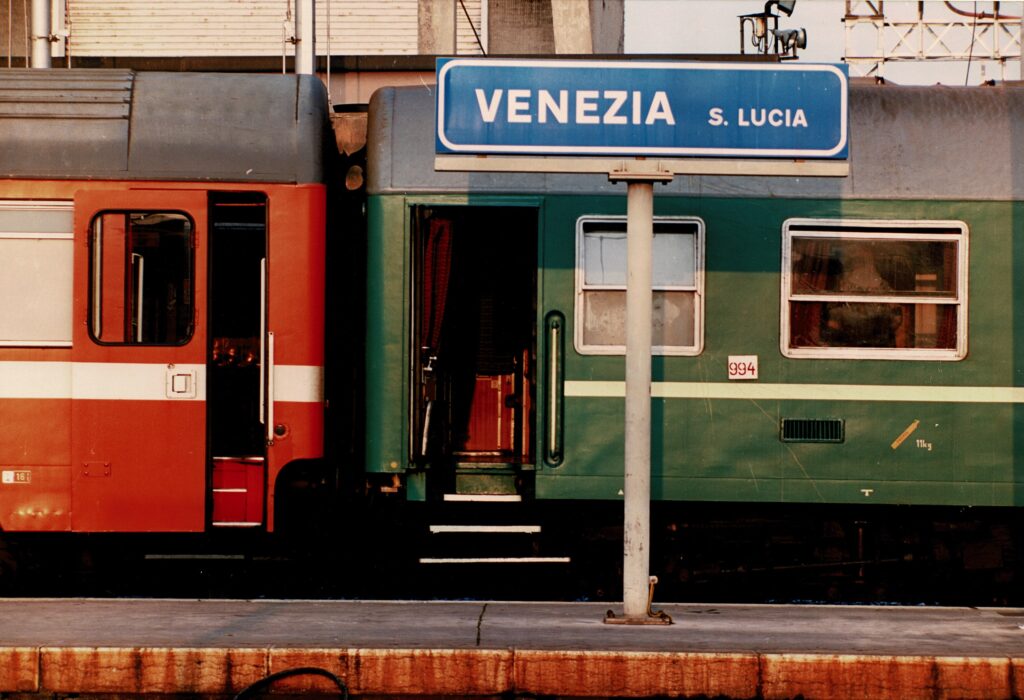
New Entry Fee and Restrictions to Manage Masses
In the week of January 18, 2024, Venice initiated a trial run of its long-anticipated tourist tax, which imposes a €5 entry fee on day-trippers. This tax will be implemented during peak weekends and other peak days between April and mid-July, totaling 29 days. The fee will not be applied to residents of Venice nor tourists staying overnight in Venice.
The decision to introduce this fee had been delayed multiple times, with initial plans set for June 2022 and later rescheduled to January 2023. The delay, however, has allowed the city to fine-tune its strategy and ensure a smooth implementation.
Ban on Loudspeakers and Large Tourist Groups
In addition to the entry fee, Venitian authorities are enforcing a ban on loudspeakers to mitigate the noise impact on the city. Large tourist groups exceeding 25 people will also be restricted, a move designed to ease congestion in popular areas and to preserve the serenity of the city that draws in millions of visitors each year.
There have been instances in the past where Venice has made efforts to combat tourism as a result of property damage and destruction. For example, the ban on large cruise ships entering the historic center via the Giudecca canal was enforced in 2021 after a vessel collision. Critics argue that such ships contribute to pollution and erode the delicate building foundations within the city, exacerbating the challenges posed by regular flooding.
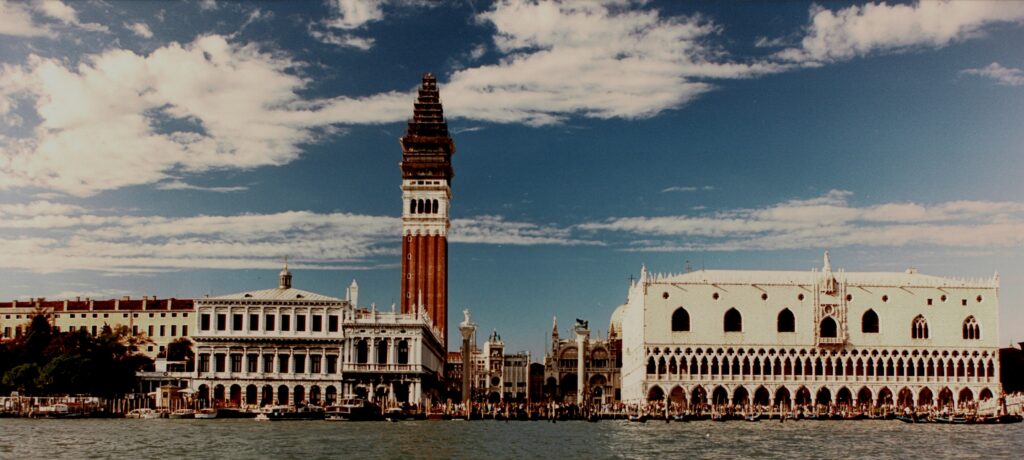
Environmental and Heritage Concerns
The decision to implement these measures comes amid growing concerns about the impact of mass tourism on Venice. The city has faced significant challenges, including damage to its structures caused by high tourist numbers and the effects of climate change. UNESCO’s recent addition of Venice to its endangered list highlights the urgency of solving these issues to maintain the city.
Purpose of the Tax
The entry fee is not being solely utilized as a revenue-generating tool; instead, it serves the dual purpose of regulating tourist numbers on peak days and facilitating better management of public services. By keeping track of the number of visitors, Venice aims to adjust essential services such as waste collection to the specific demands of each day.
Through these combined efforts, Venice will be able to combat the mass tourism that causes destruction and harm to the fragile and beloved city. These initiatives are projected to go into effect in April 2024.
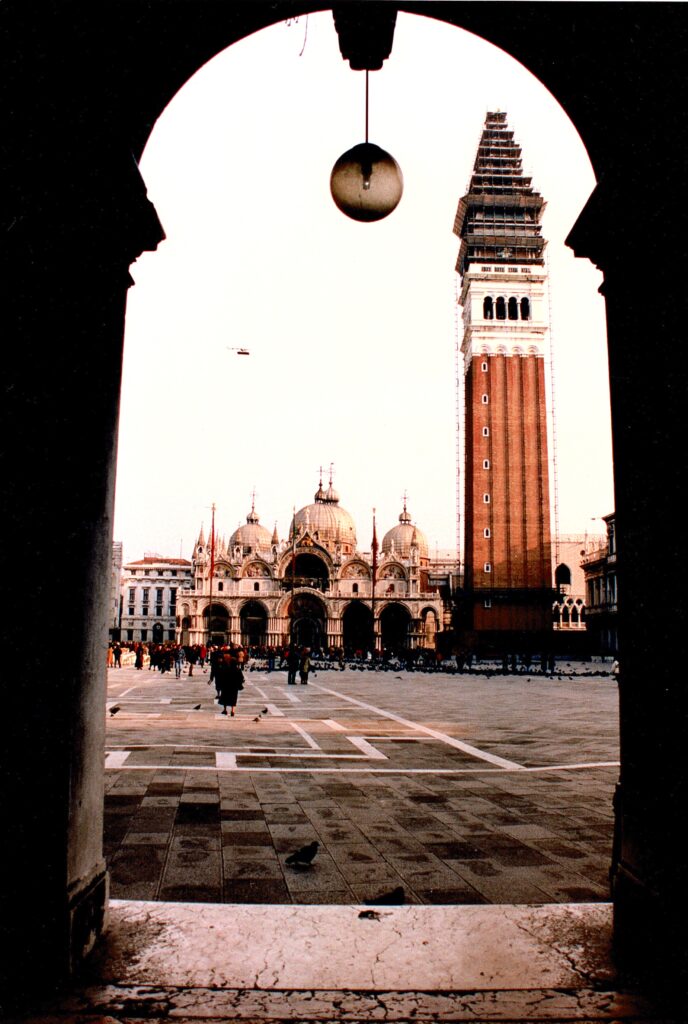
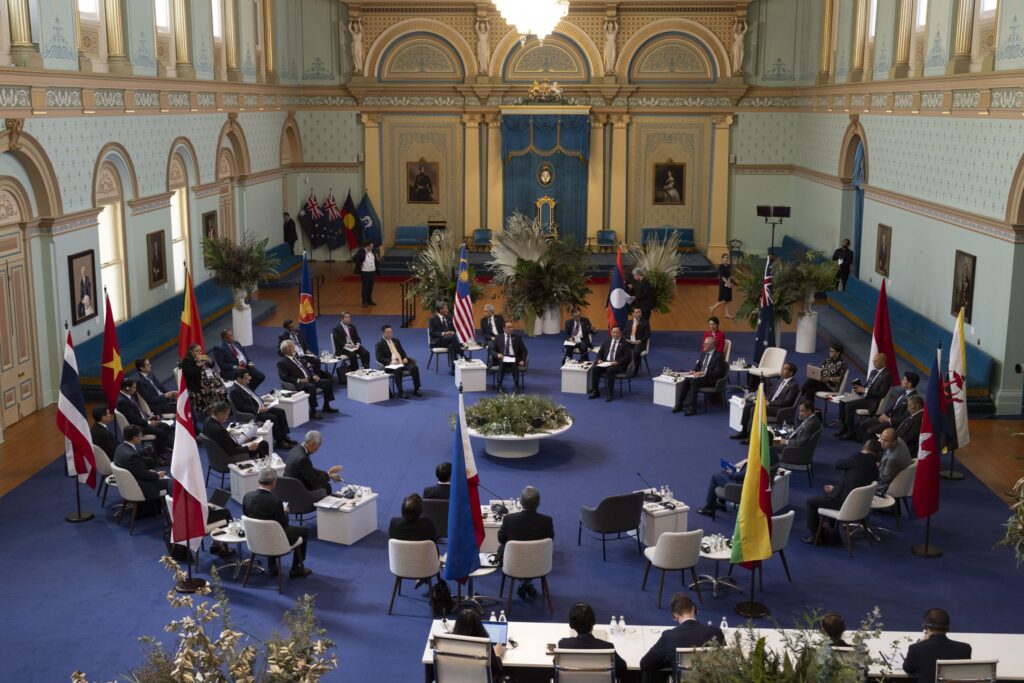 Previous post
Insights from the Australia-ASEAN Special Summit
Previous post
Insights from the Australia-ASEAN Special Summit

